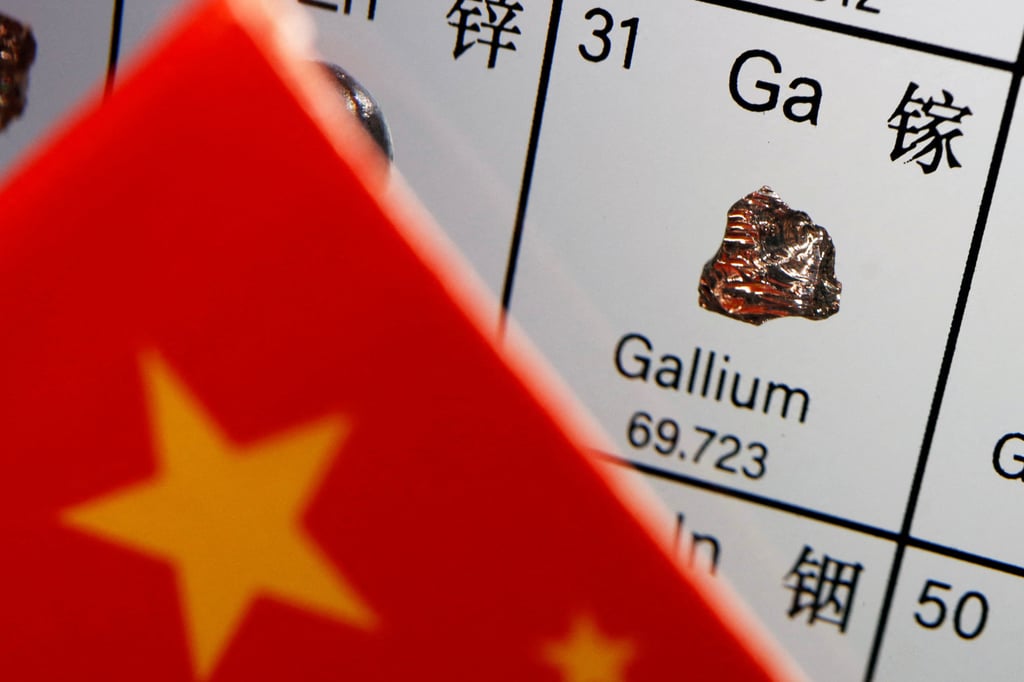New tech, old conflict: gallium claim pits US future priorities against environmental impact
- Refined gallium is essential to semiconductors, radar and radio communication devices as well as next-gen weapons, and China supplies nearly 98 per cent of it
- A project to mine gallium in a national forest would help reduce US reliance on China but it faces local opposition from conservationists

Straddling the US states of Montana and Idaho, the Bitterroot National Forest with its rugged mountains, dense forests and pristine rivers has for decades offered locals livelihood, adventure and a connection with nature.
Now, a Utah mining company suggests that Bitterroot’s diverse landscape can also offer untapped potential to enhance national security. Beneath the forest’s tranquil surface, it believes, lies a critical mineral that could boost America’s competitiveness in advanced technology, countering geopolitical challenges posed by China.
In March, the US Critical Materials Corporation said it had identified a “strategically significant deposit of high-grade gallium” on its 6,700-acre Sheep Creek property, which is located within the forest.
The announcement again highlights the tension between economic and technological priorities and environmental concerns, a key challenge confronting US President Joe Biden’s efforts to achieve national self-reliance in the production of sensitive technologies.

A critical mineral, gallium is essential for producing semiconductors, radar and radio communication devices, smartphones, satellite systems, solar panels, next-generation weapons, and fast-charging devices for electronics such as phones, laptops and also electric vehicles. It has gained the world’s attention since Beijing, which enjoys a near monopoly, imposed restrictions on its export in August in response to US bans on exporting specific advanced semiconductor technologies to China.
China supplies nearly 98 per cent of the planet’s refined gallium. In contrast, the US is completely dependent on foreign sources since it ceased its own gallium production in 1987. The US Department of Energy’s list of critical minerals identifies gallium as a mineral commodity critical to the US economy and national security, while in July 2023, the Pentagon admitted that it held zero inventory reserves of gallium.